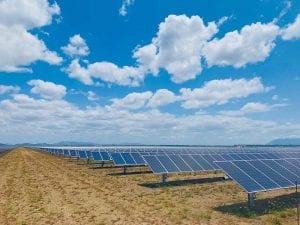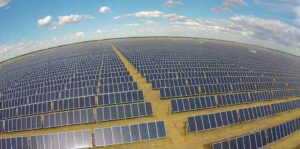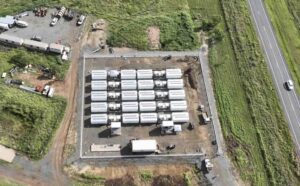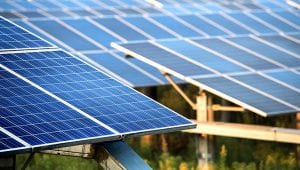A new report from consulting giant EY says solar PV technology remains the cheapest source of new-build electricity in most parts of the world, with a global weighted average levelised cost of electricity (LCoE) that is 29% lower than the cheapest fossil fuel alternative.
In a new report analysing changes to the global energy system, EY found that in 2022, around 86%, or 187GW, of newly commissioned, utility-scale renewable power generation produced electricity at a lower cost than the average cost of fossil fuel generation.
Key amongst renewable energy technologies is that of solar PV, which “is now the cheapest source of new-build electricity in many markets, even amid recent inflation and price rises.”
EY’s analysis of data published by the International Renewable Energy Agency (IRENA) found that the LCoE of solar PV fell by 88% between 2010 and 2022, while the LCoE of onshore wind fell 66%, and offshore wind was down 61 per cent.
EY sees renewables coming “the dominant power generation by 2038”, although, even though they acknowledge that the “transition to renewables is also happening at a much faster pace than anticipated”, EY still only expects renewables to account for 38% of the power mix by 2030 and only 62% by 2050.
“A global solar boom will power more than half of this, but adoption will vary across markets,” EY’s authors conclude.
“Solar-generated power will become the biggest source of energy in countries such as the US, and those in Oceania and South Asia, driven by technologies around solar PV modules advancing at rapid pace.”
However, in Europe, clean energy will remain centred around wind, with a mix of offshore and onshore wind expected to become the region’s leading source of power generation by as early as 2027.
With the increasing speed of renewable energy build-out will come hurdles, according to EY, such as “the need to integrate renewables into the grid, fund infrastructure upgrades and ensure regulation keeps up with change.
“Overcoming these will require a collaborative effort across the public and private sector, bringing together policy, investments, innovative partnerships and technological advancements.”










